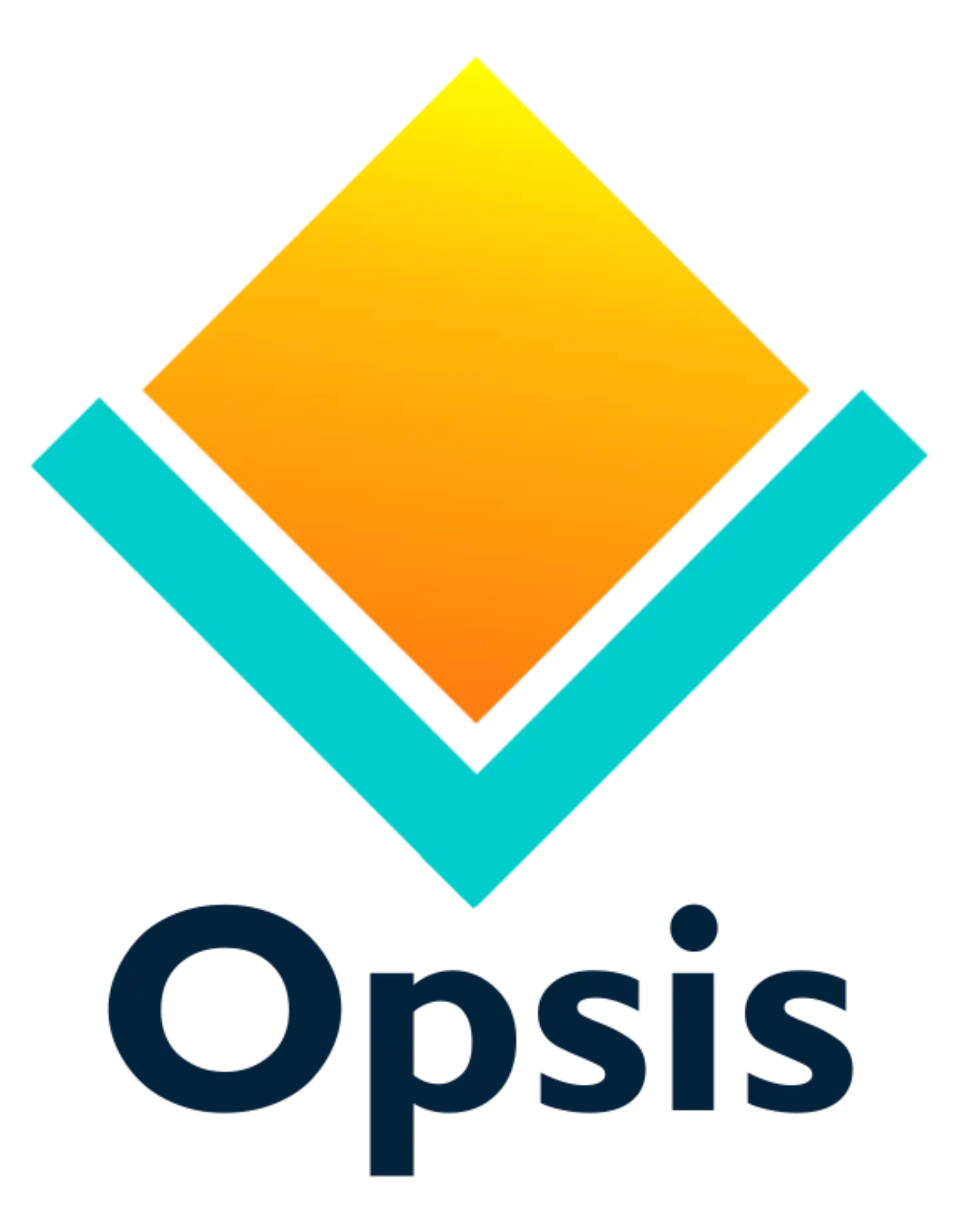Governance: The New Measure of CRM Success
 A decade ago, success in CRM meant deployment. If you could configure a working system and get your users logged in, you were winning. Today, that bar is far too low. True CRM success is measured not by deployment, but by governance — the ability to manage, secure, and evolve your platform confidently as your business changes.
A decade ago, success in CRM meant deployment. If you could configure a working system and get your users logged in, you were winning. Today, that bar is far too low. True CRM success is measured not by deployment, but by governance — the ability to manage, secure, and evolve your platform confidently as your business changes.
From Control to Confidence
Governance isn’t about locking systems down. It’s about understanding how they’re being used — and why.
In the early days of Dynamics 365 and the Power Platform, administrators focused on control: who had access, which fields were editable, and which entities were visible. As the platform evolved — particularly with Dataverse, Managed Environments, and AI features — governance has become a visibility discipline.

 If you’ve ever wondered why two Dynamics 365 users see different buttons on the same screen — the answer isn’t magic, it’s licensing combined with security roles.
If you’ve ever wondered why two Dynamics 365 users see different buttons on the same screen — the answer isn’t magic, it’s licensing combined with security roles.